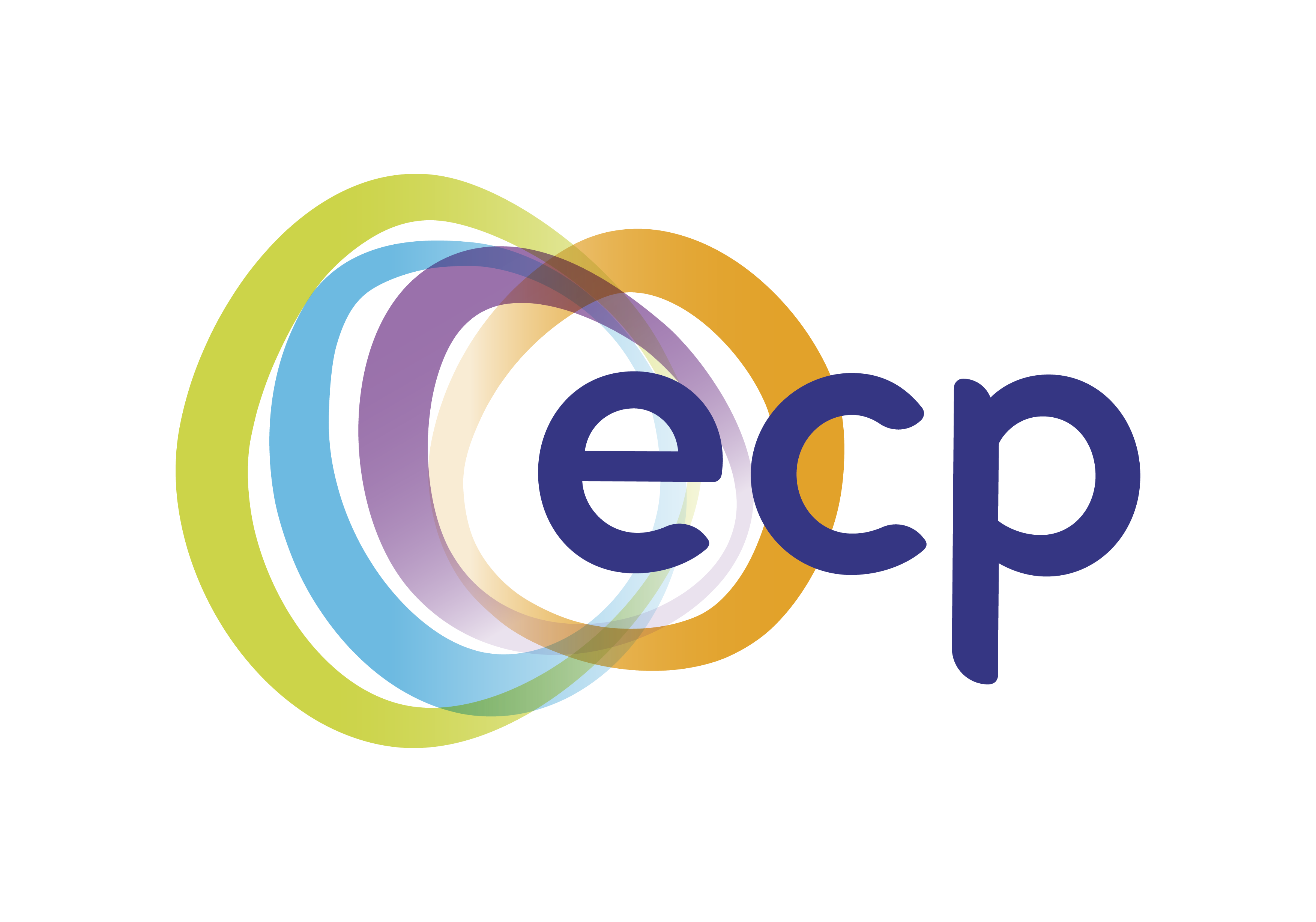Technology taker: Microprocessador
The Workpackages
Study and develop thermal energy loss mitigation solutions for the ceramic and glass industries, demonstrating the technical feasibility of the solutions in the industrial environment.

WP2
Energy, and Decarbonization in Ceramics and Glassware.
| WP coordinated by ISQ
WP2 studies and develops solutions to boost thermal energy efficiency and heat recovery for the ceramic and glass industries, demonstrating the technical feasibility of the solutions in the industrial environment: Waste heat recovery study; Development of technological solutions for decarbonization of drying processes; Digital modeling to remotely monitor and identify corrosion problems in industrial chimneys and exhausts, reducing the need for on-site human inspection.
PPS 5 | Retrofitting service
Innovative technological solutions for retrofitting drying systems to be developed will include the burners retrofit to low carbon fuels and/or renewable gases and the implementation of heat recovery systems and latent heat storage solutions.
Technology taker: MetalCértima
PPS 6 | Industrial Park Monitoring Service
Computer Vision and Machine Learning techniques to remotely model and identify industrial chimney corrosion problems with reduced on-site human inspection requirements.
Technology taker: Microprocessador
Technology taker: INDUZIR
Technology taker: Microprocessador
Technology taker: Microprocessador
One of the most critical points regarding the decarbonization of Ceramic and Glass industries is the high fuel consumption related to the energy-intensive thermal processes, therefore it is essential to find and adopt cost-effective waste heat recovery strategies to improve overall energy efficiency.
The sector competitiveness is highly dependent on fuel prices, which justifies the study and implementation of cost-effective strategies, that minimize thermal energy losses, and improve eco-efficiency while promoting circular economy strategies within the sector.